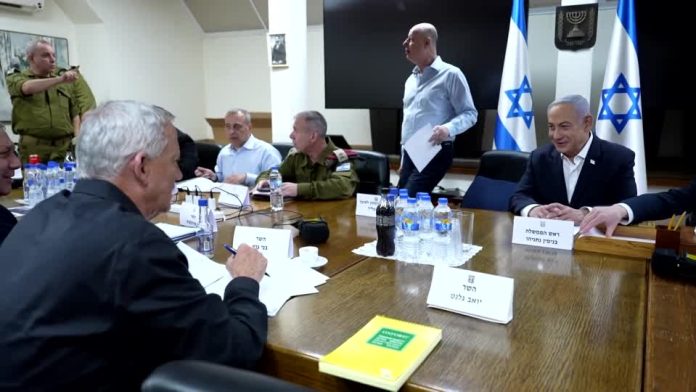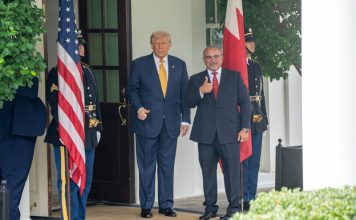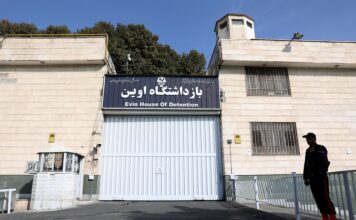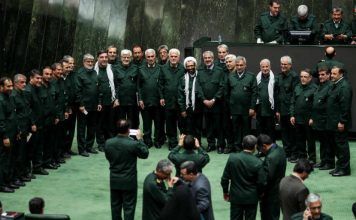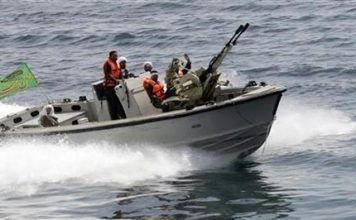By Timour Azhari and James Mackenzie
BEIRUT/JERUSALEM, Sept 26 (Reuters) – Israel rejected global calls on Thursday for a ceasefire with the Hezbollah movement, defying its biggest ally in Washington and pressing ahead with strikes that have killed hundreds in Lebanon and heightened fears of an all-out regional war.
Despite Israel’s stance, the U.S. and France sought to keep prospects alive for an immediate 21-day truce they proposed on Wednesday, and said negotiations continued, including on the sidelines of a United Nations meeting in New York.
US and Allies Call for 21-Day Ceasefire Along Israel-Lebanon Border
An Israeli warplane struck the edges of the capital Beirut, killing two people and wounding 15, including a woman in critical condition, Lebanon’s health ministry said. That took deaths overnight and on Thursday to 28 and over 600 since Monday.
The strike killed the head of one of Hezbollah’s air force units, Mohammad Surur, Hezbollah said, the latest senior Hezbollah commander to be targeted in days of assassinations among the group’s top ranks.
On the Israeli side of the border with Lebanon, the army staged an exercise simulating a ground invasion – a potential next stage after relentless airstrikes and explosions of communications devices.
Israel’s air force is planning to assist troops in the event of a ground operation and will stop any arms transfers from Iran, Air Force Commander Major General Tomer Bar said late on Thursday.
Israeli Air Force Will Stop Iran Arms Transfers to Hezbollah, Chief Says
“We are preparing shoulder to shoulder with Northern Command for a ground maneuver. Prepared, if activated. This is a decision to be made above us,” he told soldiers in a video distributed by the Israeli military.
Israel has vowed to secure its north and return thousands of citizens who have evacuated since Hezbollah launched a campaign of cross-border strikes last year in solidarity with Palestinian militants fighting in Gaza.
Arriving in New York before addressing the U.N. General Assembly on Friday, Israeli Prime Minister Benjamin Netanyahu told reporters the military will keep hitting Hezbollah with “full force and we will not stop until we achieve all our goals, first and foremost returning the residents of the north safely to their homes.”
Israeli Foreign Minister Israel Katz said on X, “There will be no ceasefire in the north.”
Israel’s stance dashed hopes for a swift settlement and Lebanese Foreign Minister Abdallah Bou Habib appealed to the U.N. to win an immediate ceasefire “before the situation spirals out of control, with a domino effect, making this crisis impossible to contain.”
“Lebanon is currently enduring a crisis which is threatening its very existence,” Bou Habib said at a meeting of the U.N. General Assembly late on Thursday.
White House spokesperson John Kirby told a briefing earlier that Israel had been “fully informed and fully aware of every word” in the ceasefire proposal and allies expected it would be taken seriously. The U.S. is Israel’s longtime ally and biggest arms supplier.
French President Emmanuel Macron said he did not believe Israel’s rejection was definitive. “It would be a mistake by the prime minister to refuse it because he would be taking responsibility for regional escalation,” Macron told reporters in Canada.
“We will do everything to ensure this proposal is accepted,” Macron said, adding that France was ready to call a new U.N. Security Council meeting to endorse the proposal.
Hundreds of thousands of people have fled their homes during the heaviest Israeli bombardment of Lebanon since a major war in 2006.
Hezbollah has faced off against the Israeli military since the Shi’ite Muslim movement was created by Iran’s Revolutionary Guards in 1982 to counter an Israeli invasion of Lebanon. It has since evolved into Tehran’s most powerful Middle East proxy.
WASHINGTON STILL SEEKS CEASEFIRE
The White House said that U.S. and Israeli officials, including U.S. Mideast envoy Brett McGurk, were holding discussions. U.S. Secretary of State Antony Blinken planned to meet with Israeli Minister for Strategic Affairs Ron Dermer.
In London, U.S. Defense Secretary Lloyd Austin warned there was a risk of all-out war in the Middle East, but a diplomatic solution was still possible.
“So let me be clear, Israel and Lebanon can choose a different path, despite the sharp escalation in recent days, a diplomatic solution is still viable,” Austin said.
Hezbollah has fired hundreds of missiles at targets in Israel, including its commercial hub Tel Aviv, although Israel’s aerial defense system has ensured the damage has been limited.
Israel’s military said it intercepted a missile launched from Yemen late on Thursday. Yemen’s Houthi militants, allies of Hezbollah and Hamas, have fired repeatedly at Israel in what they say is solidarity with Palestinians in Gaza.
Israeli fighter jets on Thursday also hit infrastructure on the Lebanese-Syrian border to stop the transfer of weapons from Syria to Hezbollah in Lebanon, Israel’s military said.
The Lebanese health ministry said most of the victims on Thursday were Syrians killed in the town of Younine in the Bekaa Valley. Lebanon is home to around 1.5 million Syrians who fled civil war there.
Hezbollah said in a statement it had struck the town of Kiryat Shmona in north Israel and an Israeli military northern command base, as well as using air defense weapons to force two Israeli warplanes back.
In Beirut, thousands of Lebanese were sheltering in schools. Aid organisations distributed clothes and food, and checked on medications needed by elderly people who fled too quickly to bring prescriptions with them.

